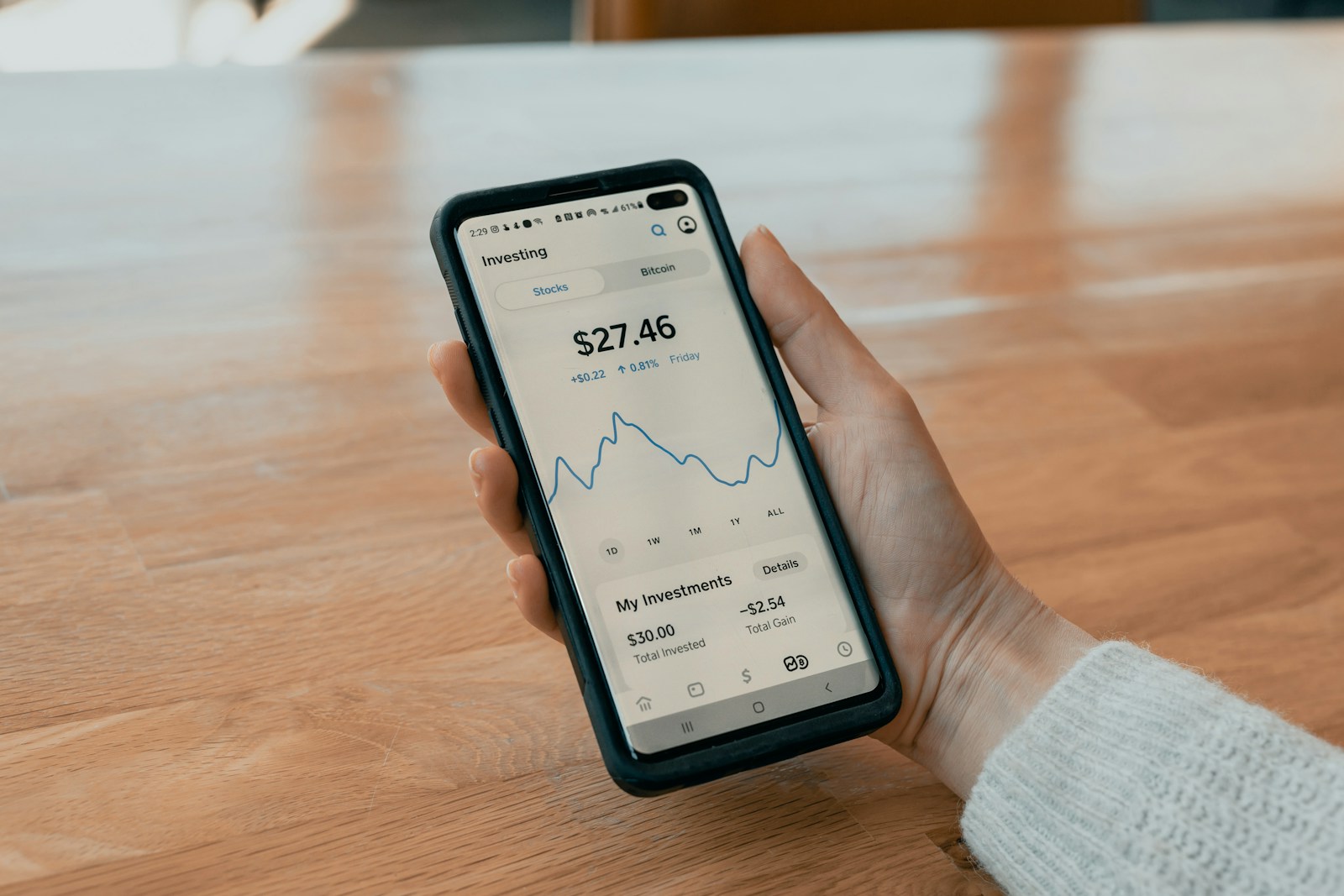Table of Contents
Introduction to Western Union: A Trusted Name in Money Transfer Services
Western Union is a global leader in money transfer services, with a history dating back to 1851. The company has a presence in over 200 countries and territories, making it one of the most widely recognized and trusted names in the industry. Western Union offers a range of services, including money transfers, bill payments, and prepaid cards, making it a convenient option for individuals and businesses alike.
How to Send Money with Western Union: Step-by-Step Guide

Sending money with Western Union is a straightforward process. First, you need to find a Western Union location near you. You can do this by visiting the company's website or using the Western Union mobile app. Once you have located a nearby agent, you will need to provide some basic information, including your name, the recipient's name, and the amount you wish to send. Next, you will need to choose the method of payment. Western Union accepts cash, credit cards, and debit cards, depending on the location. If you choose to pay with a credit or debit card, you will need to provide the card number, expiration date, and security code. Finally, you will receive a confirmation number that you can share with the recipient. The recipient can then pick up the money at a Western Union location by providing the confirmation number and a valid ID.
Understanding Western Union Fees: What You Need to Know
Western Union charges fees for its money transfer services, which can vary depending on the amount of money being sent, the destination country, and the method of payment. The fees can range from a few dollars to several hundred dollars, depending on the transaction. In addition to the transfer fees, Western Union also makes money by charging a markup on the exchange rate. This means that the exchange rate used by Western Union may be lower than the actual exchange rate, resulting in the recipient receiving less money than expected.
Domestic Transfer Fees: How Much Does it Cost to Send Money Within the US?
Sending money within the United States through Western Union can be a convenient way to transfer funds to friends and family. However, it is important to understand the fees associated with domestic transfers. The cost of sending money within the US through Western Union varies depending on the amount being sent and the method of payment. For example, if you use a credit or debit card to send money, the fee can range from $4.99 to $29.99, depending on the amount being sent. If you choose to send money through a bank account, the fee can range from $0.99 to $21.99.
It is important to note that the fees for domestic transfers can also vary depending on the speed of the transfer. If you need the money to arrive quickly, you may need to pay a higher fee. For example, if you choose the “Money in Minutes” option, the fee can range from $5.99 to $29.99, depending on the amount being sent.
International Transfer Fees: What Are the Costs of Sending Money Abroad?
Sending money abroad through Western Union can be a convenient way to transfer funds to friends and family in other countries. However, it is important to understand the fees associated with international transfers. The cost of sending money abroad through Western Union varies depending on the destination country, the amount being sent, and the method of payment. For example, if you use a credit or debit card to send money, the fee can range from $5 to $50, depending on the destination country and the amount being sent. If you choose to send money through a bank account, the fee can range from $0 to $5, depending on the destination country and the amount being sent.
It is important to note that the fees for international transfers can also vary depending on the speed of the transfer. If you need the money to arrive quickly, you may need to pay a higher fee. For example, if you choose the “Money in Minutes” option, the fee can range from $5 to $50, depending on the destination country and the amount being sent.
Exchange Rate Fees: How Does Western Union Calculate Currency Conversion Rates?

When sending money abroad through Western Union, it is important to understand how the company calculates currency conversion rates. Western Union uses the mid-market exchange rate, which is the midpoint between the buy and sell rates of two currencies. However, Western Union also adds a markup to the exchange rate, which can vary depending on the destination country and the amount being sent.
For example, if you are sending money from the US to Mexico, Western Union may add a markup of 1.5% to the exchange rate. This means that if the mid-market exchange rate is 1 USD to 20 MXN, Western Union may offer a rate of 1 USD to 19.7 MXN. This markup can add to the overall cost of the transfer, so it is important to be aware of it when sending money abroad through Western Union.
Additional Fees: What Other Charges Should You Be Aware of When Using Western Union?
In addition to transfer fees and exchange rate fees, there are other charges that you should be aware of when using Western Union. For example, if you need to change the details of a transfer after it has been sent, Western Union may charge a fee. Additionally, if you need to cancel a transfer, Western Union may charge a fee for this as well.
It is also important to be aware of the fees associated with receiving money through Western Union. In some cases, the recipient may need to pay a fee to receive the funds, depending on the destination country and the method of payment.
Western Union Exchange Rates: How They Work and What to Expect

Western Union's exchange rates are based on the current market rates, but the company adds a markup to the rate to make a profit. The markup can vary depending on the currency pair and the amount being transferred. It is important to note that the exchange rate used by Western Union may not be the same as the rate used by banks or other money transfer services. This can result in the recipient receiving less money than expected, so it is important to compare exchange rates before sending money.
Western Union Security Measures: Keeping Your Money Safe
Western Union takes security seriously and has implemented several measures to protect its customers' money. The company uses encryption technology to protect sensitive information, such as credit card numbers and personal data. Western Union also requires customers to provide identification when sending or receiving money, which helps to prevent fraud and money laundering. Additionally, the company has a fraud prevention team that monitors transactions for suspicious activity.
Western Union Customer Service: Support and Assistance for Your Money Transfer Needs
Western Union offers customer support through a variety of channels, including phone, email, and live chat. The company also has a comprehensive FAQ section on its website that can help answer common questions. If you encounter any issues with your money transfer, Western Union has a dispute resolution process that can help resolve the issue. The company also offers a money-back guarantee for certain transactions, providing added peace of mind for customers. In conclusion, Western Union is a trusted name in the money transfer industry, offering a range of services to meet the needs of individuals and businesses. While the company does charge fees for its services, it provides a convenient and secure way to send money around the world. By understanding the fees, exchange rates, and security measures, you can make informed decisions when using Western Union for your money transfer needs.

